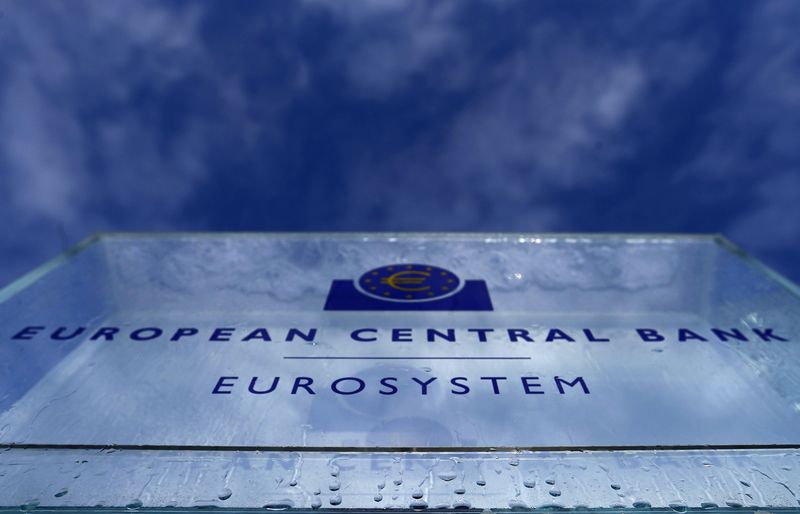FRANKFURT (Reuters) - Lending to households and firms in the euro zone fell by 0.5 percent in December, but at a slower pace than in the previous month, while money supply grew by 3.6 percent, the European Central Bank said on Thursday.
Sparce lending to companies continues to dog the struggling economy of the 19-country euro zone.
The ECB said that lending to the private sector had fallen by 0.5 percent in December, a less steep fall than the 0.9 percent drop seen in November.
Last week, the ECB laid down a plan to spend hundreds of billions of euros on government bonds.
In monthly 60 billion-euro (45 billion pounds) installments from March, the ECB will buy chiefly government debt at least until September of next year, or as long as is needed to revive inflation, which recently swung into reverse.
In monthly 60 billion-euro instalments from March, the ECB will buy chiefly government debt at least until September of next year, or as long as is needed to revive inflation, which recently swung into reverse.
While this move could spur low price inflation higher, it may have little impact on the availability of credit.
Companies, particularly those in weaker countries such as Greece or Portugal, have been hit hardest by dearth of credit.
There has been a growing willingness, on the other hand, for banks to lend to home buyers in the Netherlands or Germany, two of the bloc's strongest economies.
